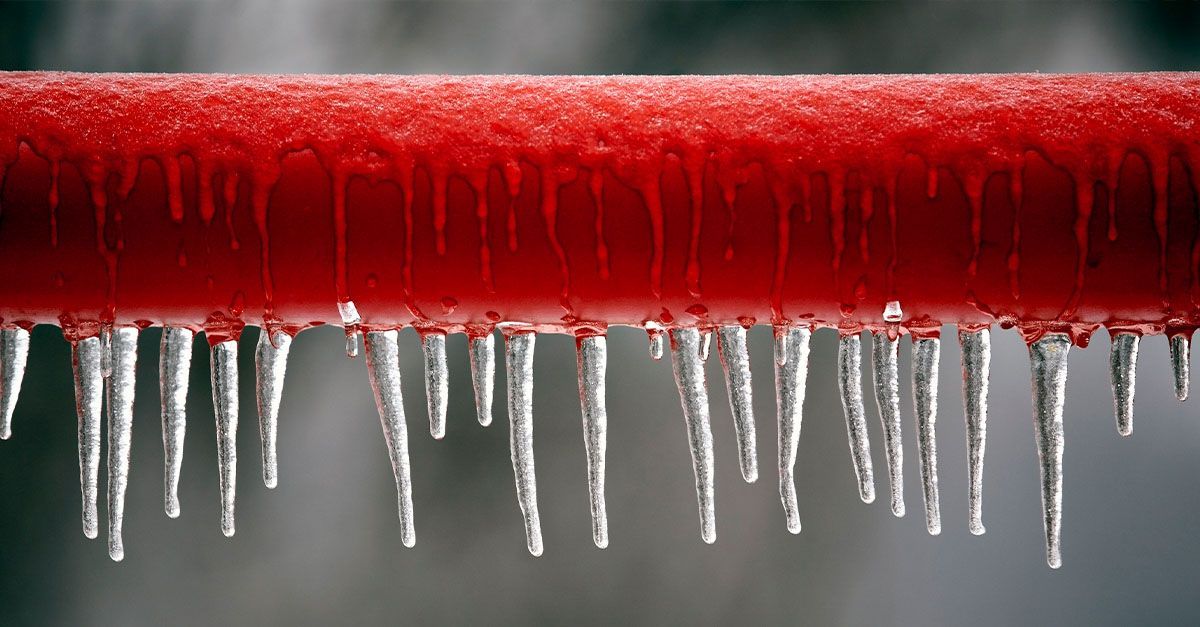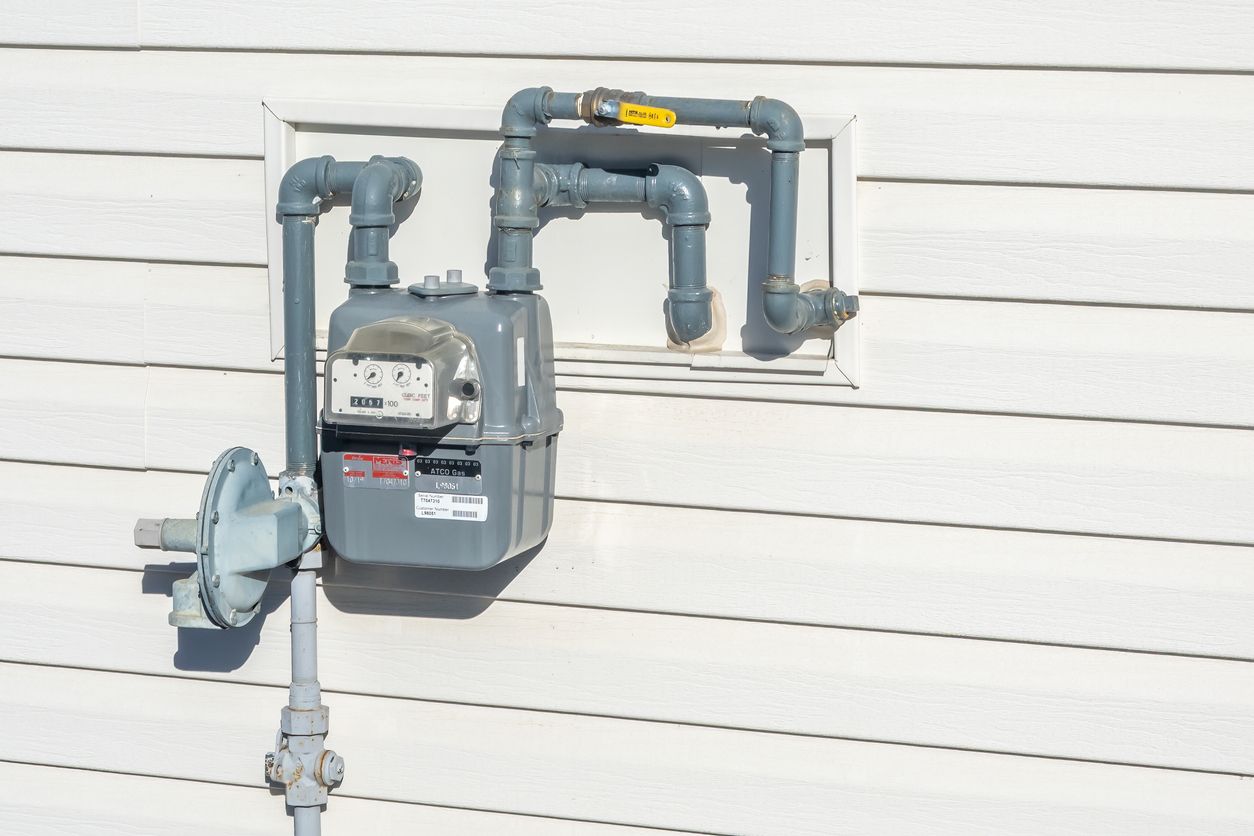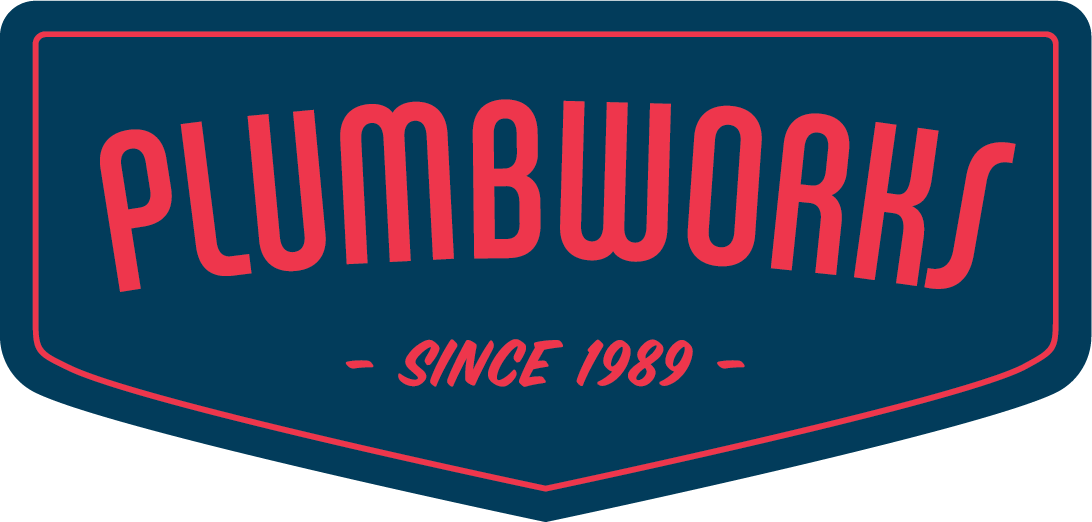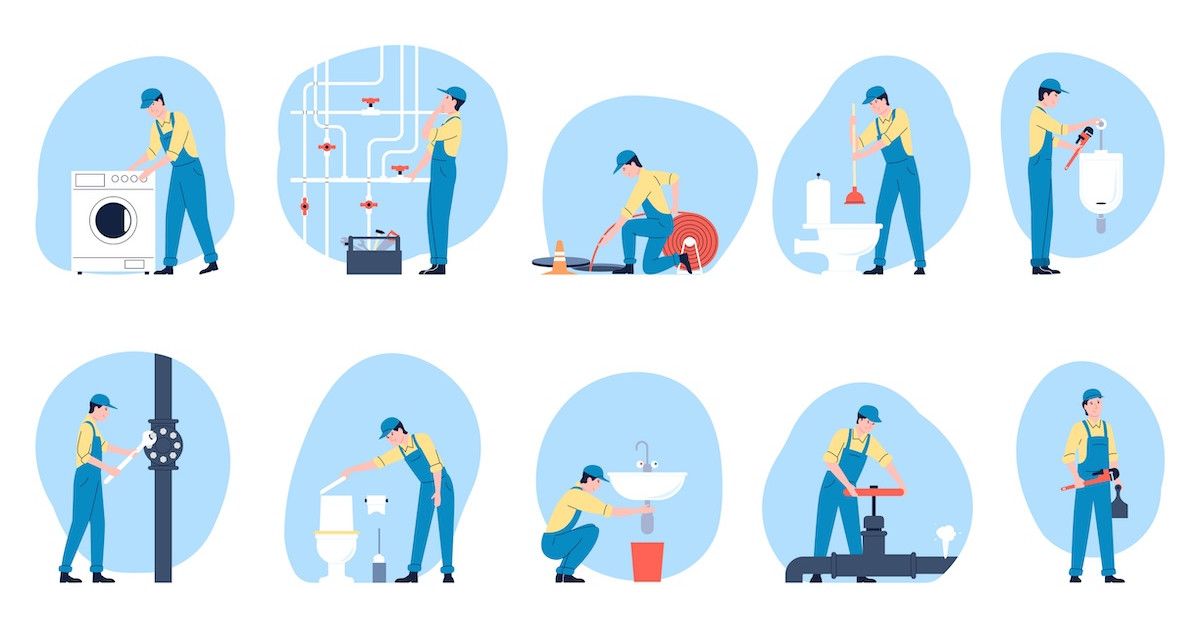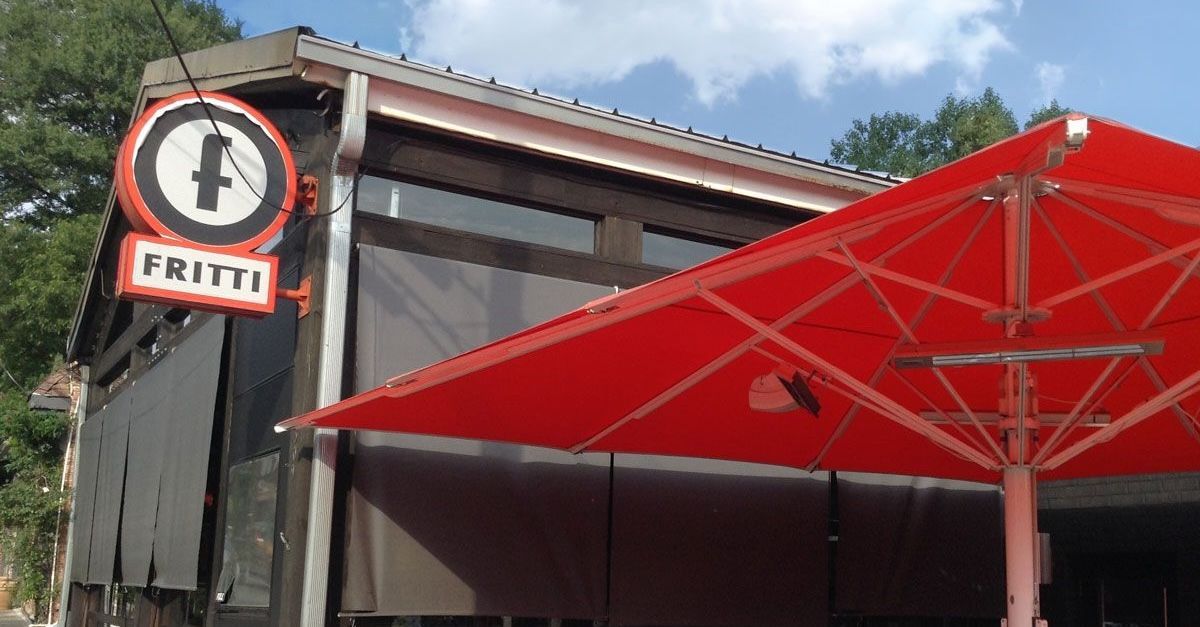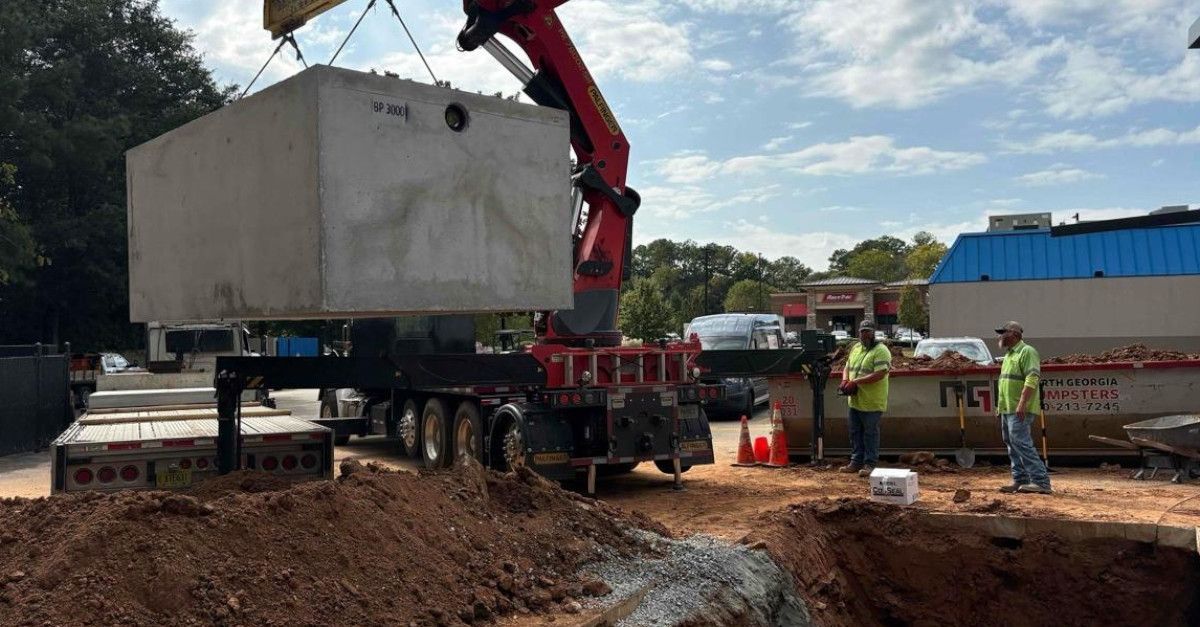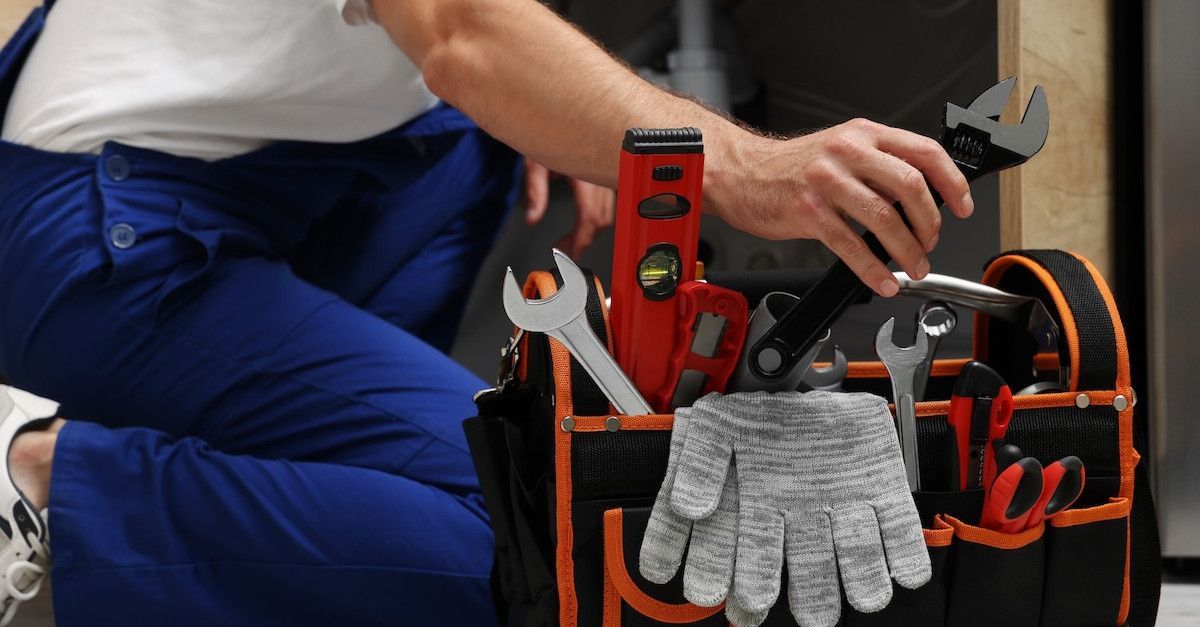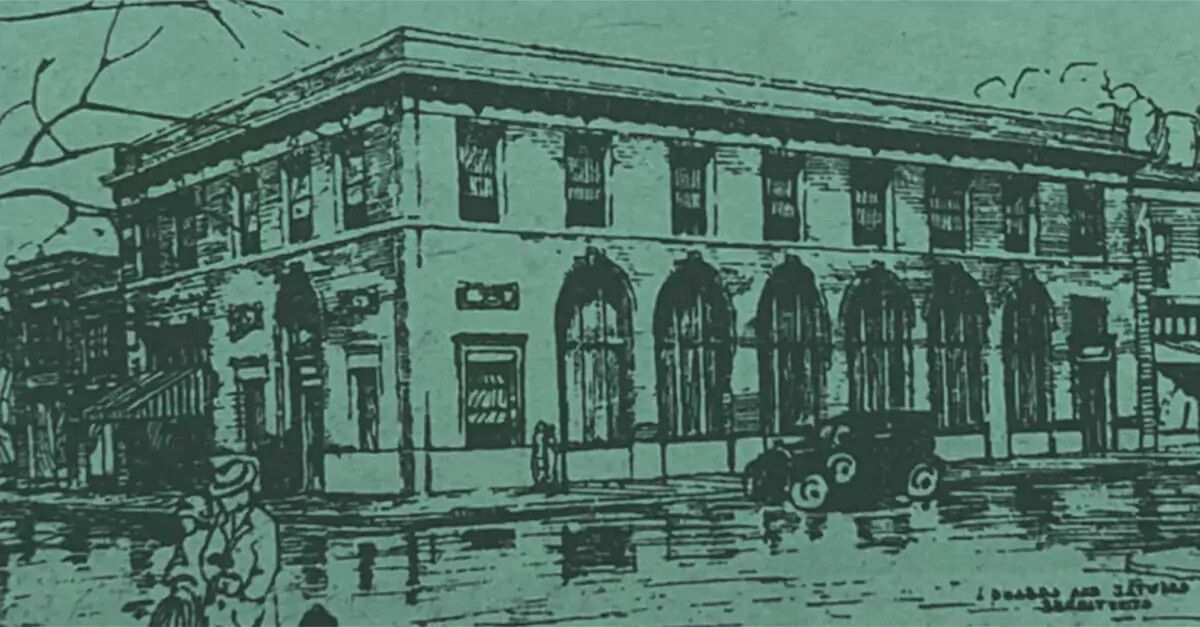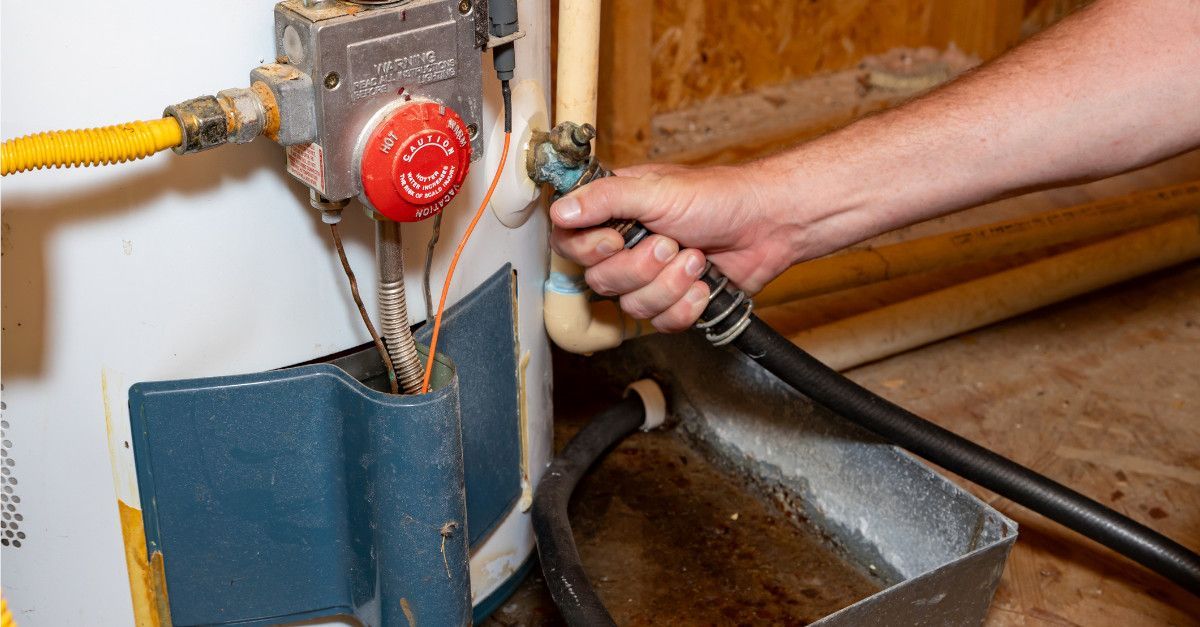10 Everyday Things You Should Never Put Down the Drain
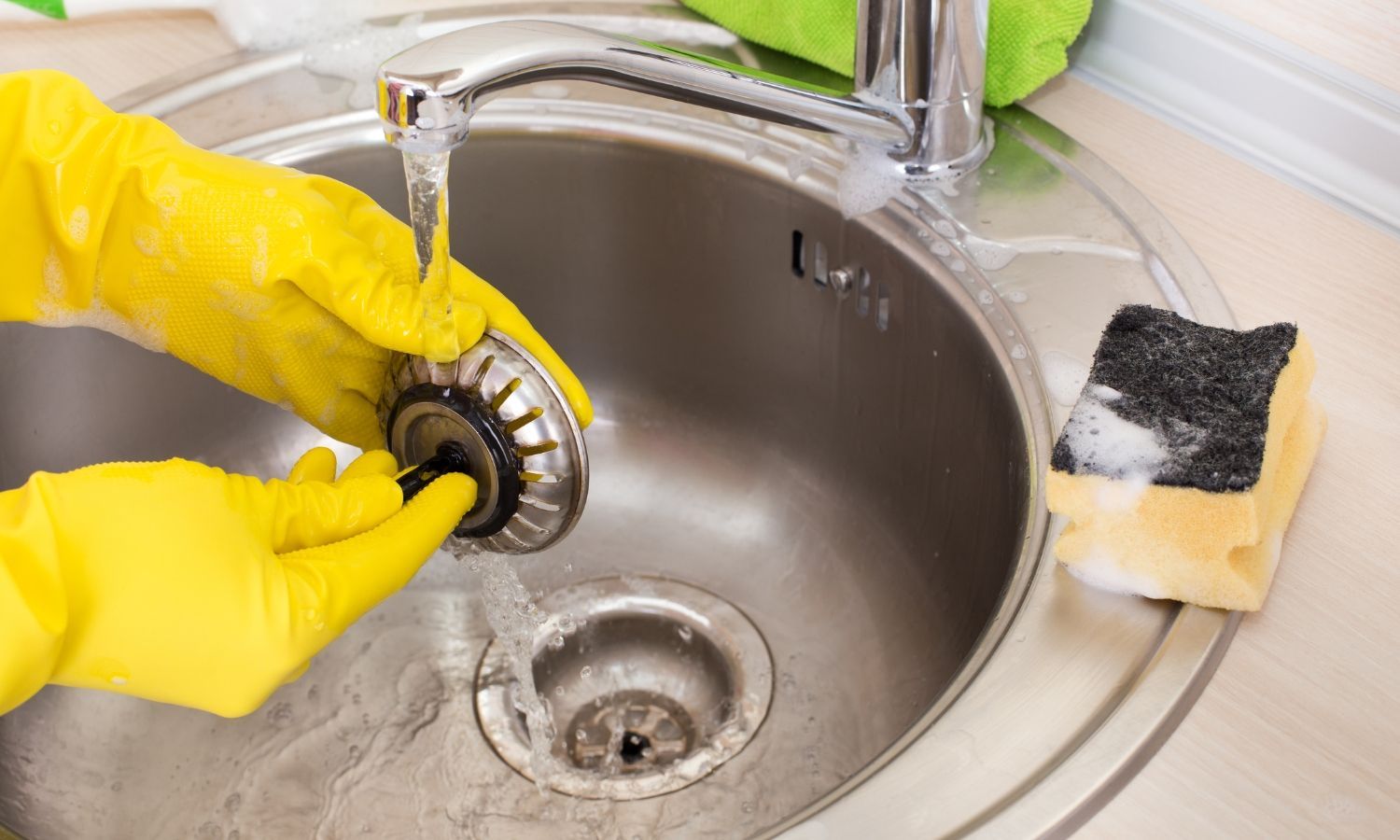
You can’t always predict when a sink will be your best friend and when it will bring you nightmares. But everyone knows that a clogged drain can be a real headache and cause frustration if you can’t clear it yourself. And let’s face it, with the rising cost of everything these days, the last thing we want to do as homeowners is to pay for a service call or for a kitchen plumbing repair on something that could have possibly been prevented in the first place.
The experts at Plumb Works have put together these simple tips on what not to put down the drain. So whether it’s something specific like grease or something more general like cheese, read on for helpful advice on what things to not put down the drain. But if you’re looking for drain cleaning in Atlanta, remember the folks at Plumb Works, where service beyond expectation is our company motto! Let’s get started!
Fats, Oil, & Grease
Lots of homes around the Atlanta area have a garbage disposal in the kitchen sink. The garbage disposal is perfect for chopping up food particles into smaller bits so it won’t clog your drain. As such, it may be tempting to pour other fluids like oil and grease down the drain because they are in liquid form.
Unfortunately, this isn’t the case, and clogs from fats, oil, and grease are the number one clogs in Atlanta households. We recommend pouring these liquids into an acceptable container and disposing of them in your household garbage. One trick we like to use when dealing with hot grease and oils is to make a piece of aluminum in a small container and pour the grease into it. Once it’s cooled, just wrap up the foil and throw it in the trash. No clogs and no mess!
Makeup Products
The chemicals in makeup products may be suitable for human skin, but that doesn’t mean they are good for the drains in your home. For example, certain products like nail polish and nail polish removers can stick to the insides of pipes if tossed down the drain and congeal into hardened masses. Other makeup products that shouldn’t be put down the drain include foundation, lotions and creams, and lipstick tubes. Over time, these products can accumulate into a big mess and make you call a plumber to unclog your drain.
Flushable Wipes
Ask any plumber, and they’ll tell you one of the things they see most often when making service calls are wipes that have been sent down the drain. Even though the package may say “flushable,” they take much longer than toilet paper to dissolve in water. Additionally, if you have a busy household, meaning you have a lot of people who are constantly cleaning their hands to combat germs, these globs of flushable wipes can form a clog stubborn enough that you’ll need to find a drain-cleaning team in Atlanta to solve your problem.
Cotton Swabs
After getting out of the shower, many people clean their ears with a cotton swab, which many people recognize by its commercial name, Q-tip. These pieces of cotton may not seem harmful to your drains, but the rods that make the handle can get stuck in p-traps and other locations and, when combined with buildup from other objects, can cause clogs are difficult to remove.
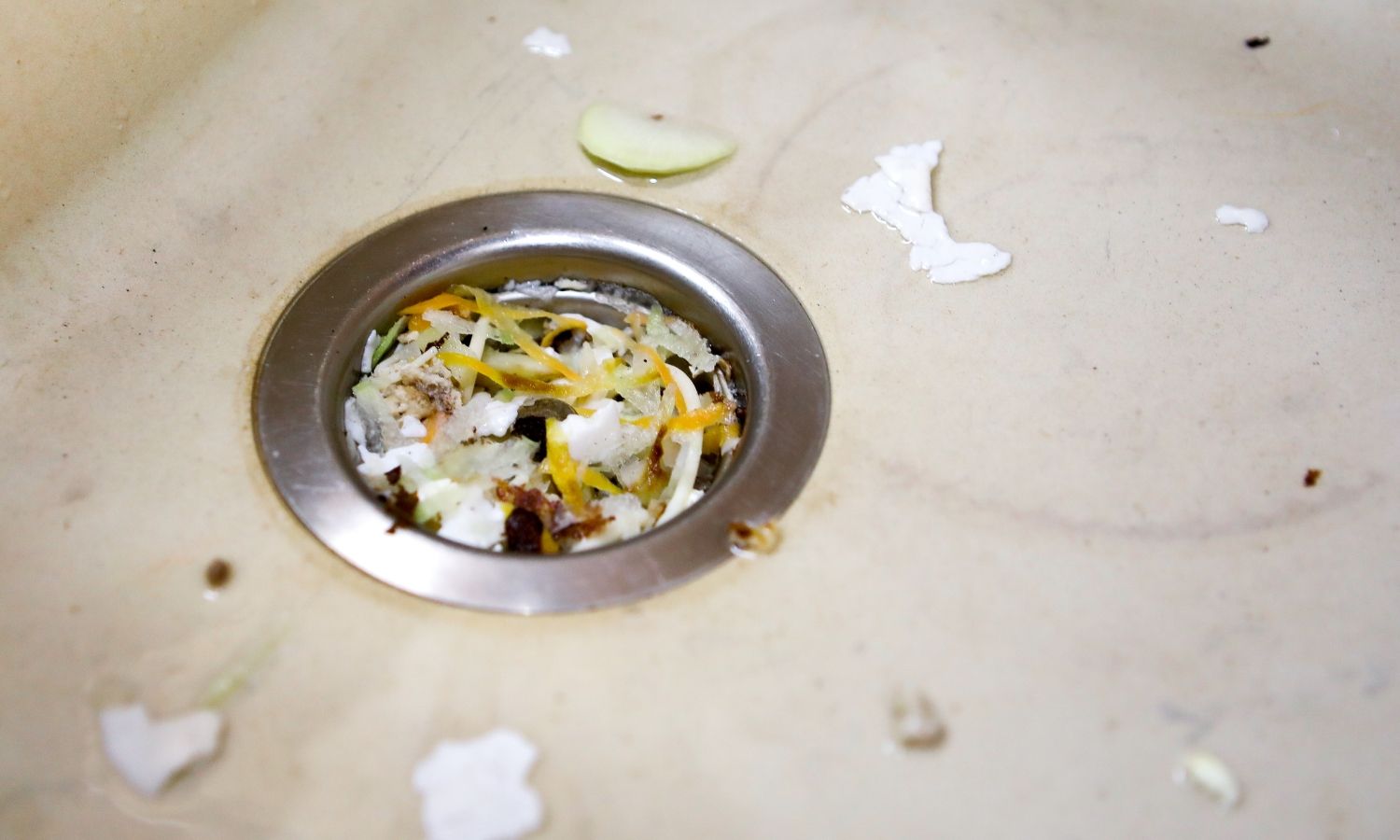
Flour, Pasta, and Rice
One thing we learned from the recent pandemic is that many of us have returned to the kitchen. Instead of grabbing fast food on the way home from work and after-school activities, we started whipping up meals at home and exploring other cooking opportunities. Lots of folks learned how to make bread for the first time, and one of the problems some encountered was how to properly dispose of flour, resulting in clogged drains.
Other foods that shouldn’t be put down the drain include pasta and rice. Both pasta and rice continue to swell when blended with water and should be disposed of in other ways. Over time, food debris can clog sink drains and require the services of a plumber to get the water flowing again.
Hair
We’ve all had hair wash down the drain, and if you have lots of people in your household using the same shower, excess hair buildup can clog drains in the tub and shower. One of the easiest ways to ensure that hair doesn’t clog your drains is to require that after each shower or bath, the area is cleaned, and all hair is removed.
Wet hair is sticky and, combined with other chemicals, can be hard to remove from a drain if left for too long. Regular cleaning will ensure you’re never left standing in ankle-deep water in the tub because of a clogged drain.
Coffee Grounds
Instead of placing your coffee grounds down the drain, consider recycling them into a compost pile. Plants love coffee grounds because they contain several elements, including nitrogen, calcium, potassium, iron, phosphorus, and chromium. Coffee grounds also absorb heavy metals, which can help the soil and attract worms which are great for your garden.
Paper Stickers
The small stickers commonly found in fruits and vegetables should never be put down the drain because of the sticky material that can attach to the sides of the drains. These stickers can collect in water filters and at water treatment plants and could end up in local community drinking water because the particles are minute and not easily filtered through filtration systems.
Hard Objects
Exploration with their surroundings is a common game with many children, and one of those games is often placing objects down the toilet. Depending on the object, a plumber will need to be called to remove it when this happens. Kids will stuff anything down the drain and are only limited by their imagination.
Plumbers have removed dolls, balls, washcloths, phones, and many other objects. Ensuring your child is supervised around the toilet is an excellent way to prevent them from placing any objects to be flushed.
Household Chemicals
While many households and companies have switched to greener products, some household chemicals are still considered harsh to the environment. One commonly used product is bleach. Bleach is used in many applications, including whitening and cleaning cloths, sterilizing surfaces, and cleaning floors.
Household chemicals contain anti-bacterial agents, phosphates, and other compound names that are to pronounce, all of which, when put down the drain, can in up in local ecosystems leading to polluted waters.
Looking for a good plumbing service? Call Plumb Works today!
Plumb Works has serviced the Atlanta area with quality plumbing service since 1989. We know how important it is for you and your family that your plumbing works efficiently and reliably. We are leaders in the plumbing industry, providing reliable and professional services to homes and businesses.
Plumb Works has been helping Atlanta residents clean even the most stubborn and challenging drain clogs, even clogged toilets. Our fully licensed and insured team of technicians is here for all your urgent plumbing repairs and is available 24 hours a day. In addition, we offer free consultations and even offer smart home plumbing to provide the best quality options for every home.
The next time you have a clogged drain, make sure to call the experts at Plumb Works. We can unclog any drain and help you move on with the more important things in your life. There are many options to choose from when looking for kitchen
drain cleaning in Atlanta. Contact us today for a free quote or call our 24-hour number for emergency service.
